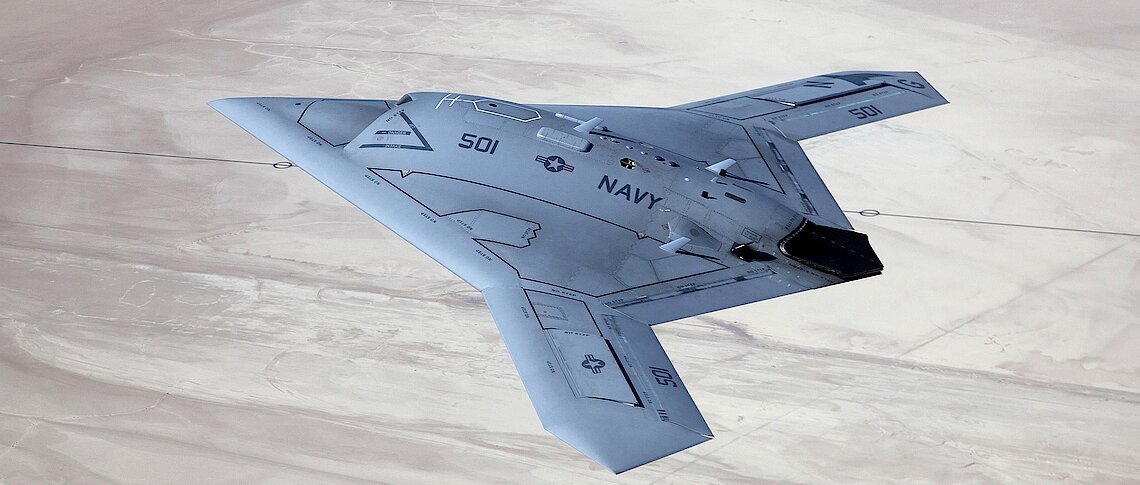Abstract:
-> Autonomous weapons systems are set to revolutionise how wars are fought. As things stand, there are still no completely autonomous weapons systems. But a trend towards more and more autonomy in military (weapons) systems is clearly discernible. This development should be subject to international regulation and control.
-> The point of departure for future approaches to international regulation of autonomous weapons systems should be the basic assumption that »critical decisions« – that is, decisions that concern important legal interests such as, in particular, the right to life and the right to physical integrity – may not, for legal (international law) and ethical reasons, be delegated to completely autonomous systems. In particular, decisions concerning life and death must always be subject to the final decision and control of a human being.
-> Against this background, Germany should seek to ensure, in international bodies such as the United Nations – especially within the framework of the UN Weapons Convention – but also beyond them, if necessary, that in the case of »critical decisions« the highest possible degree of human control is required and that completely autonomous lethal weapons systems are banned by regulations binding under international law.





